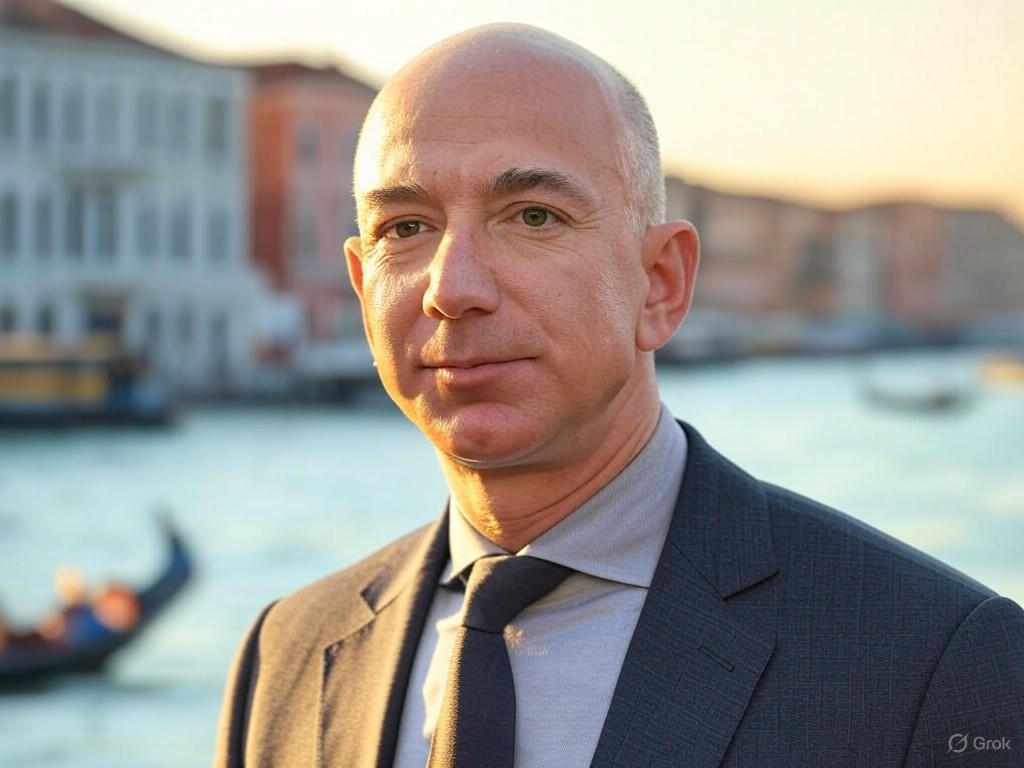When one of the world’s wealthiest individuals, Jeff Bezos, announced plans to tie the knot with Lauren Sánchez in the enchanting city of Venice, the news was met with a mix of awe and frustration. The picturesque Italian destination, known for its winding canals and historic charm, is set to host a wedding that promises to be as grand as the couple’s high-profile status. However, beneath the surface of this romantic celebration lies a brewing storm of discontent among local residents and activists, who argue that Venice’s ongoing struggle with overtourism is being sidelined for the sake of a lavish event.
Venice has long been a magnet for tourists, with millions flocking to its narrow streets and iconic landmarks each year. While this influx boosts the local economy, it has also strained infrastructure, driven up living costs, and displaced many longtime residents. Against this backdrop, the decision to host a high-profile wedding has ignited a fierce debate. Critics argue that the city’s resources are being diverted to accommodate the elite, with road closures, security measures, and other logistics potentially disrupting daily life for Venetians. Protesters have taken to the streets, holding signs and chanting slogans that demand the city prioritize its citizens over celebrity spectacles. They fear that such events set a dangerous precedent, further turning Venice into a playground for the rich rather than a livable community.
On the other side of the argument, city officials and event planners have pushed back against the criticism. They emphasize that the wedding will bring significant economic benefits, including job opportunities for local vendors, caterers, and hospitality workers. Additionally, they assert that measures are in place to minimize disruptions, ensuring that the event blends seamlessly into the city’s rhythm. Supporters also highlight the global attention such a wedding garners, potentially shining a positive light on Venice at a time when its cultural heritage needs preservation. Far from ignoring residents’ concerns, officials claim they are working to balance the needs of the community with the opportunities presented by high-profile visitors.
As the wedding date approaches, the eyes of the world will undoubtedly be on Venice, not just for the romance of the occasion but for the broader questions it raises. Can a city like Venice, already stretched thin by tourism, afford to host events of this magnitude without losing its soul? Or is there a way to embrace such moments while safeguarding the interests of its people? For now, the debate rages on, with Bezos and Sánchez’s celebration serving as a symbol of both aspiration and contention. Whatever the outcome, this event will likely leave a lasting mark on Venice, prompting deeper reflection on how historic cities navigate the challenges of modern fame and fortune.
